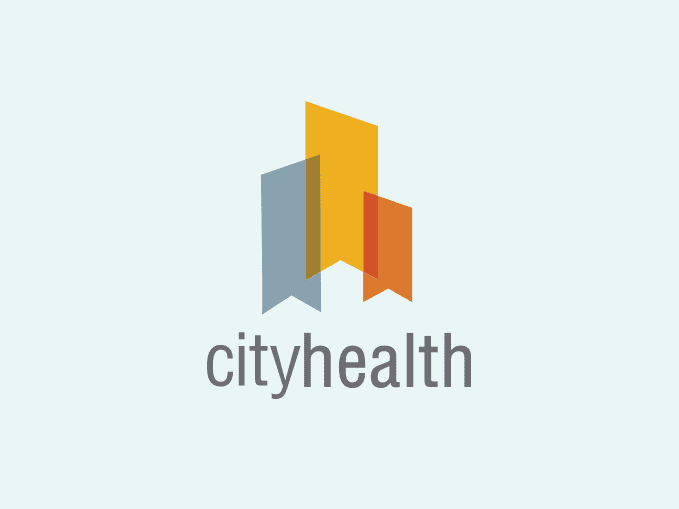It’s ironic that when I arrived in San Francisco last week with a dozen other journalists from around the country to attend a National Press Foundation fellowship on public health, the first advice I got was to go buy a face mask.
A thick haze from the nearby Camp fire blanketed the area during our four-day stay, obscuring the much anticipated view of Alcatraz Island from our Fisherman’s Wharf hotel rooms. The expressions of residents scurrying along in the murky mist were inscrutable, hidden beneath an assortment of coverings, from pale blue surgical masks to Darth Vader-ish cover-ups.
The environmental hazard seemed to emphasize the underlying message of the “Innovations in Public Health” conference: That fostering a healthy populace isn’t just about good doctors, good medicine and good behavior. It’s about creating a community that works together to supports it residents in every way — physically, mentally and situationally — regardless of income, race, gender identity or zip code.
“If we want to focus on improving the health of a city, we need to look at what we are doing to create the right environments for people to thrive,” said Dr. Bechara Choucair, senior vice president and chief community health officer of Kaiser Permanente, the nation’s largest not-for-profit integrated healthcare system. “It’s not just about individual behavior, it’s about what we are doing to facilitate beneficial behaviors.”
For anyone with a more quotidian understanding of “public health,” as the policies and laws designed to monitor and regulate people’s behavioral choices, the conference themes — homelessness, affordable housing, education, economic opportunity, climate change — might have seemed broad or off-topic. But in fact this “bigger picture” is what communities should be looking at to improve health outcomes, said Shelley Hearne, president of City Health, which helps cities create evidence-based solutions to “bigger” problems like these.




